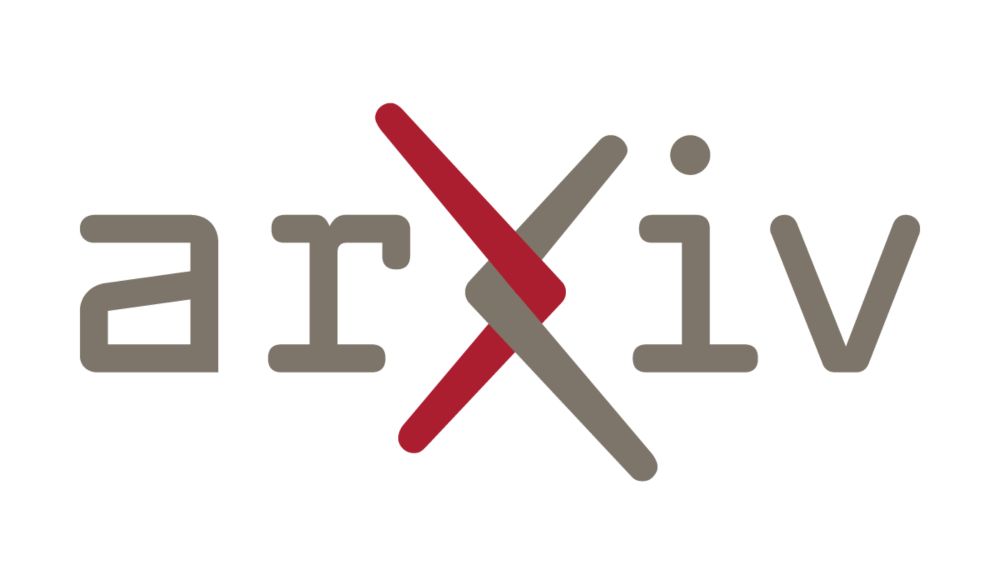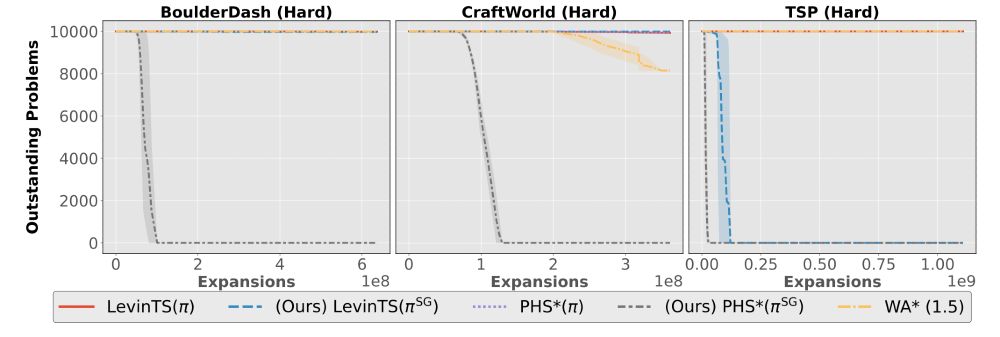
Canada CIFAR AI Chair with Amii
Machine Learning and Program Synthesis
he/him; ele/dele 🇨🇦 🇧🇷
https://www.cs.ualberta.ca/~santanad
Preprint: arxiv.org/abs/2506.14162

Preprint: arxiv.org/abs/2506.14162
2. Can our search procedure find a policy that generalizes?
2. Can our search procedure find a policy that generalizes?
Rather than treating programmatic policies as the default, we should ask:
Rather than treating programmatic policies as the default, we should ask:
In a grid-world problem, we used the same sparse observation space as used with the programmatic policies augmented with the agent's last action.
In a grid-world problem, we used the same sparse observation space as used with the programmatic policies augmented with the agent's last action.
Preprint: arxiv.org/abs/2506.14162
Preprint: arxiv.org/abs/2506.14162
www.cs.utexas.edu/~swarat/pubs...
Also, the following paper covers most of the recent works on neuro-guided bottom-up synthesis algorithms:
webdocs.cs.ualberta.ca/~santanad/pa...
www.cs.utexas.edu/~swarat/pubs...
Also, the following paper covers most of the recent works on neuro-guided bottom-up synthesis algorithms:
webdocs.cs.ualberta.ca/~santanad/pa...



